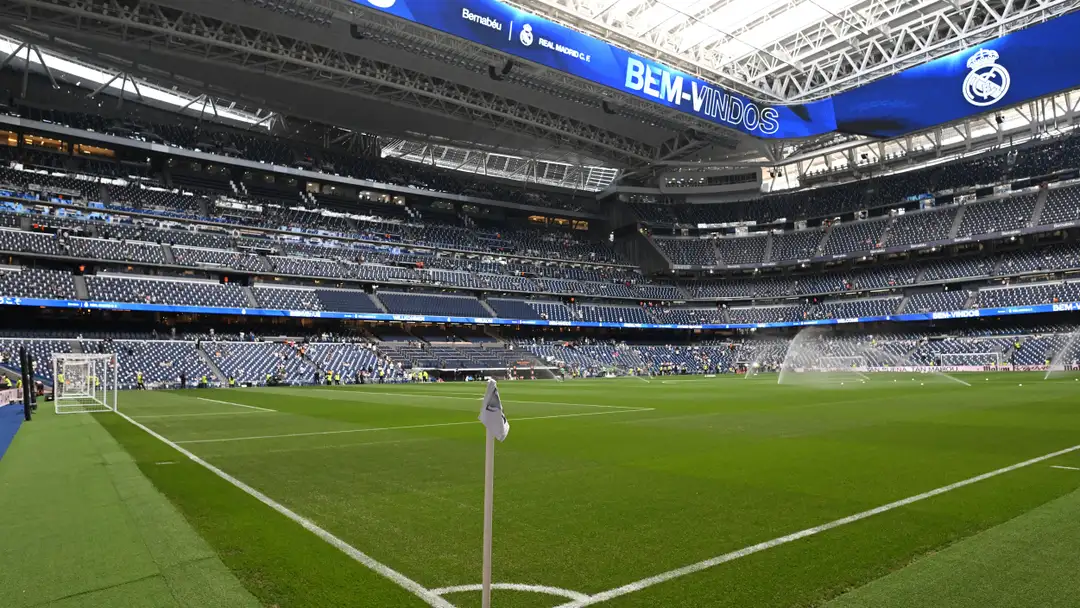
PSG President Nasser Al-Khelaifi Urges Real Madrid to Return to Football Family as Super League Dreams Fade
Nasser Al-Khelaifi calls on Real Madrid to abandon Super League pursuit and rejoin UEFA’s “football family”
Paris Saint-Germain president Nasser Al-Khelaifi has made a heartfelt appeal to Real Madrid, urging the Spanish giants to give up their long-standing pursuit of a breakaway European Super League and rejoin what he described as the “football family.” Speaking at the European Football Clubs’ (EFC) annual assembly in Rome, the Qatari executive called for unity across the continent’s biggest clubs — and declared that the Super League “was dead before it even started.”
It was a clear message directed at Real Madrid president Florentino Pérez, the main driving force behind the controversial project. Despite its spectacular collapse back in 2021, Pérez has continued to champion the idea of a new elite competition, insisting that it is vital for the sport’s financial future. But Al-Khelaifi’s comments reflected the wider sentiment within European football — that the game’s biggest names should be working together under UEFA, not against it.
How the Super League collapsed in spectacular fashion
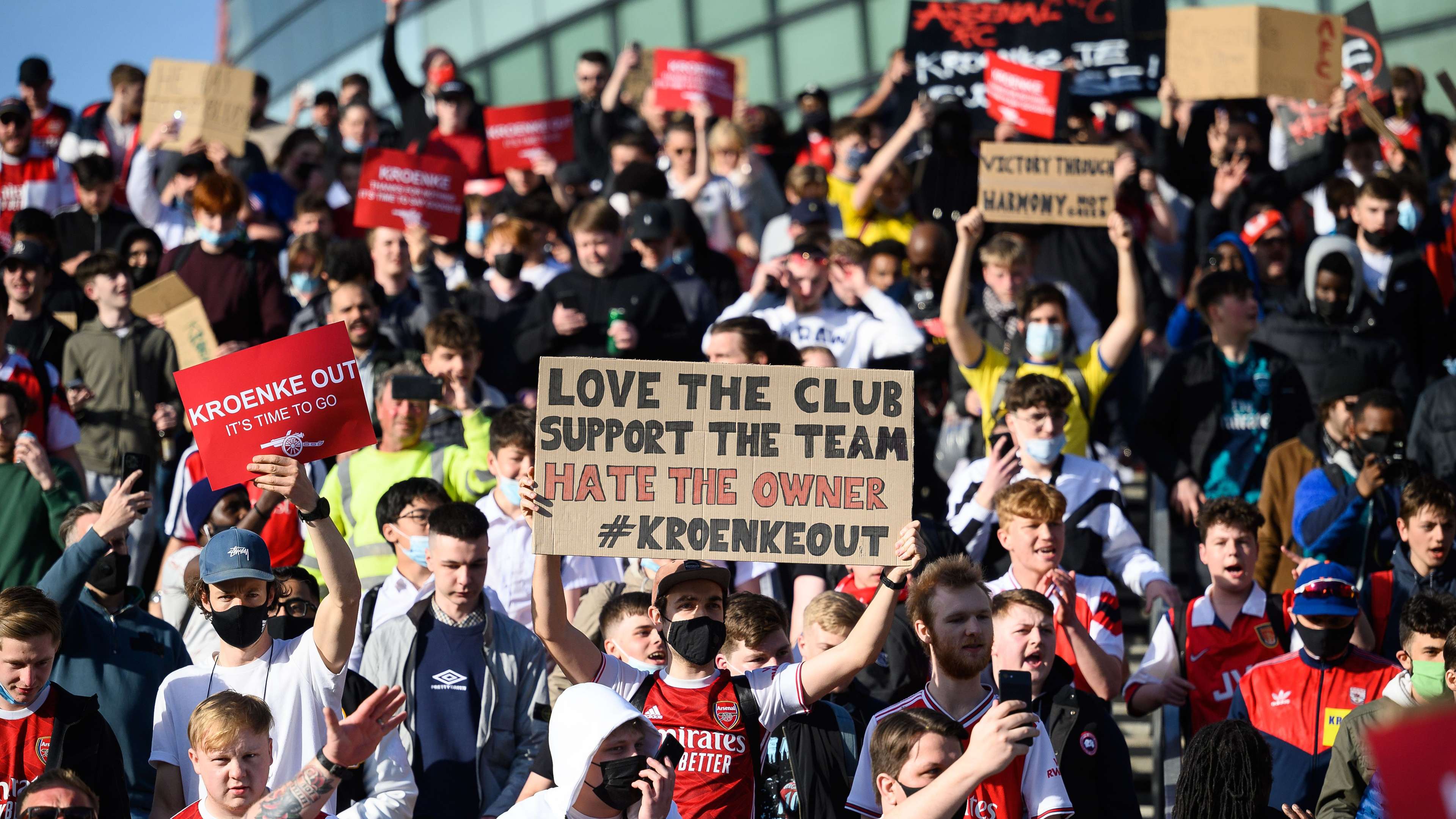
Arsenal Fans Protest Against Owner Stan Kroenke Al-Khelaifi
To understand Al-Khelaifi’s plea, one has to revisit how dramatically the European Super League fell apart. Launched in April 2021, the breakaway competition was bankrolled by US financial giant JP Morgan and brought together 12 of Europe’s wealthiest clubs — including Real Madrid, Barcelona, Juventus, and six Premier League sides: Arsenal, Chelsea, Liverpool, Manchester City, Manchester United, and Tottenham Hotspur.
The plan was simple but explosive. The “founding members” would form the core of a 20-team, midweek competition designed to rival the Champions League. These founding clubs would have permanent places, immune from relegation — a concept that outraged the football community. The reaction was immediate and overwhelming.
Fans protested outside stadiums across Europe. Politicians condemned the move. Even managers and players — some from the clubs involved — voiced their disapproval. Within 48 hours, the project had imploded. The six English clubs withdrew first, followed quickly by AC Milan, Inter, and Atlético Madrid. The “Super League” was in ruins almost as soon as it began.
UEFA president Aleksander Čeferin declared victory, calling the fan-led backlash “a triumph for football’s soul.” Meanwhile, only three clubs — Real Madrid, Barcelona, and Juventus — refused to formally renounce the project, vowing to continue exploring the idea of a new European structure.
Real Madrid’s enduring Super League obsession
Nearly four years later, Real Madrid stand virtually alone. With Juventus quietly stepping away and Barcelona signalling a softer tone, Florentino Pérez remains the last man standing in the Super League campaign.
For Pérez, the motivation is financial survival — not rebellion. He argues that UEFA’s current system, especially the Champions League format, is outdated and unfairly tilted in favour of English clubs. The enormous broadcast revenue of the Premier League, he claims, has made it nearly impossible for continental giants to compete on equal terms.
“The Super League is more necessary than ever,” Pérez said last year. “We must save football from financial ruin.” Real Madrid’s CEO, José Ángel Sánchez, went even further, insisting that the club would “keep working on the execution of a new European competition” through A22 Sports Management — the company co-founded by Real and Barça to promote the project.
A22 has since rebranded its proposal as the “Unify League,” attempting to fix the original model’s biggest flaw: its closed structure. The new version includes promotion and relegation, a women’s competition, and even a free-to-air streaming service. Yet despite the rebrand, the idea continues to face fierce resistance from UEFA and most European clubs.
Al-Khelaifi’s olive branch — and quiet confidence
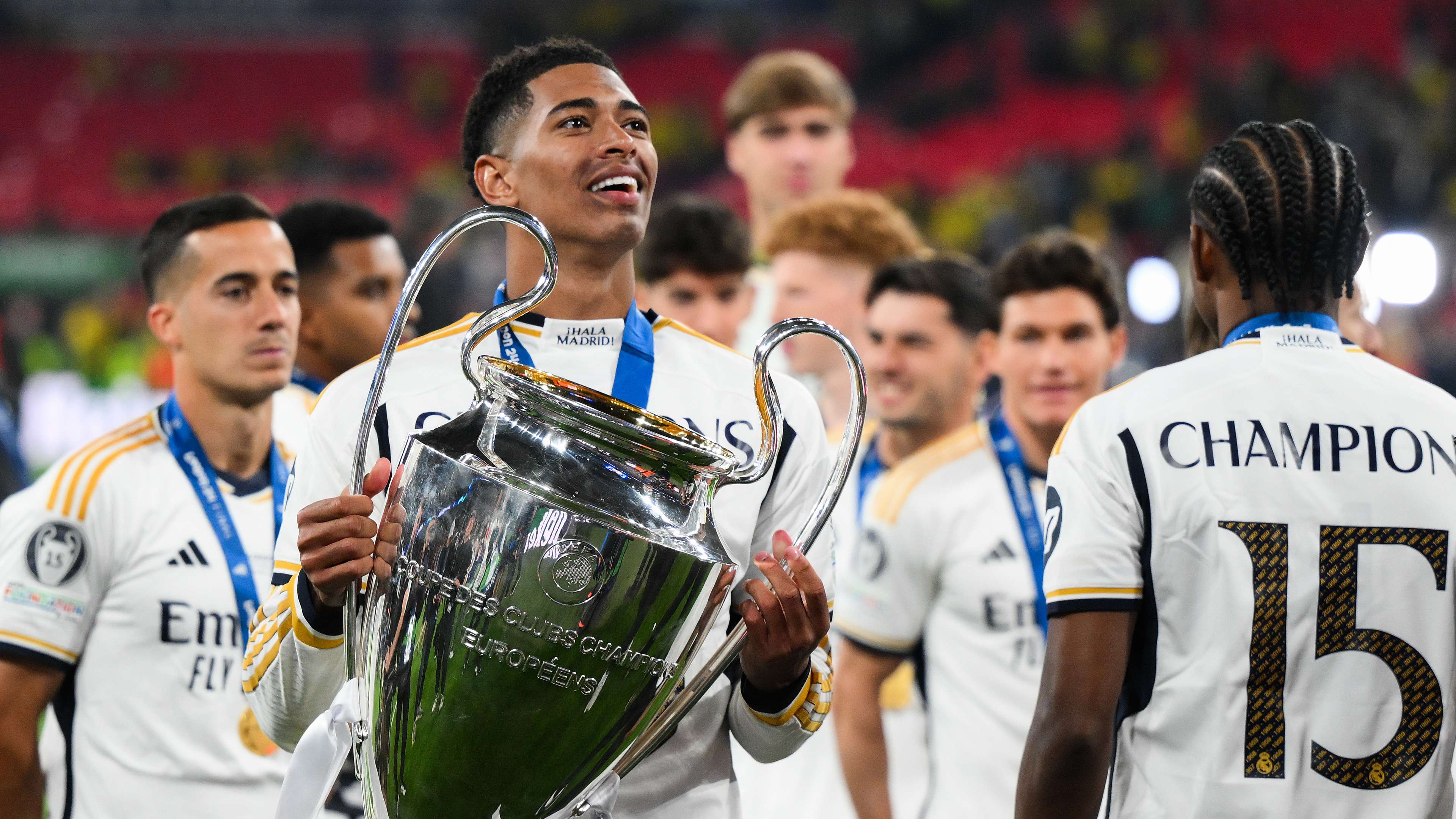
Borussia Dortmund v Real Madrid CF – UEFA Champions League Final 2023/24
Al-Khelaifi, who not only presides over PSG but also serves as the chairman of the European Clubs Association (ECA), has long been a staunch defender of UEFA’s structure. His words in Rome were as much diplomatic as they were decisive.
“We’re a family,” he said. “We want everyone back — Real Madrid too. This is their home, our home, everyone’s home. We already have the best club competition in the world, with better formats coming. There’s no need for anything else.”
It was a statement laced with confidence, made easier by PSG’s own recent triumph. The Parisian giants finally lifted the Champions League trophy last season — a long-awaited validation of their Qatar-backed project. That victory, combined with UEFA’s expanded Champions League format beginning this season, has only strengthened Al-Khelaifi’s belief that Europe’s football ecosystem can evolve without breaking apart.
There’s also a touch of irony. PSG, who once were seen as outsiders in the European elite, now stand as protectors of UEFA’s order — while Real Madrid, the most successful club in history, are cast as the rebels.
Barcelona’s changing stance on the Super League
Interestingly, Barcelona appear to be stepping back from the Super League cause. Club president Joan Laporta, who attended the same EFC assembly in Rome, struck a conciliatory tone — signalling that the Catalan side could be ready to reconcile with UEFA.
“Nasser, the president of the EFC, invited us, and we graciously accepted,” Laporta said. “There’s a very good relationship. With Barcelona, we’re in favour of pacifying European football; we want an agreement and a return to UEFA.”
It’s a notable shift, suggesting that the political winds in Spain might finally be turning. While Barça were once as vocal as Real Madrid in their criticism of UEFA, the club’s financial struggles and reliance on UEFA competition revenue have clearly tempered their appetite for a fight.
Can Real Madrid afford to keep fighting alone?
That’s the key question now. Even if Pérez believes the Super League is the future, Real Madrid’s isolation is increasingly apparent. Without Barcelona or Juventus at their side, their vision lacks the critical mass needed to force change. And with UEFA’s revamped Champions League promising more games — and, crucially, more money — many clubs feel there’s little incentive to rock the boat.
Moreover, the ECA’s growing influence under Al-Khelaifi has created a platform for compromise. The association now serves as a bridge between UEFA and Europe’s top clubs, offering them more input into how competitions are structured and revenues are shared. In other words, it’s a way for clubs like Real to get what they want — without tearing the system apart.
Still, Pérez’s stubbornness should not be underestimated. The Real Madrid president has never been one to follow the crowd. Whether it’s the Galácticos era, the Bernabéu redevelopment, or his ongoing fight with La Liga and UEFA, he’s always positioned himself as a visionary — sometimes against all odds.
A final invitation to return home
For now, Al-Khelaifi’s message remains open-ended but clear: the door is open, and the football family is waiting.
PSG’s president knows that European football is strongest when united. And with Real Madrid and Barcelona both still participating in this season’s Champions League, the narrative could come full circle — especially if the two giants meet again under UEFA’s banner.
“The Super League was dead before it even started,” Al-Khelaifi said. “What we have today is the best club competition in the world. We just need everyone to believe in it again.”
For all the politics, posturing, and power struggles, that sentiment — unity over division — might just be the message that football needs most right now.





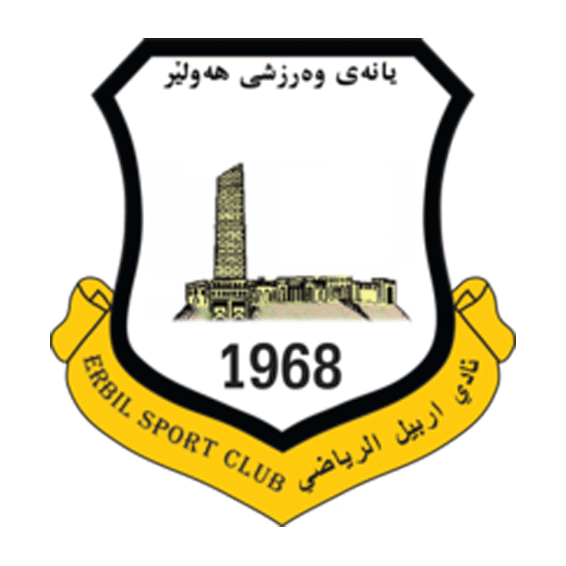

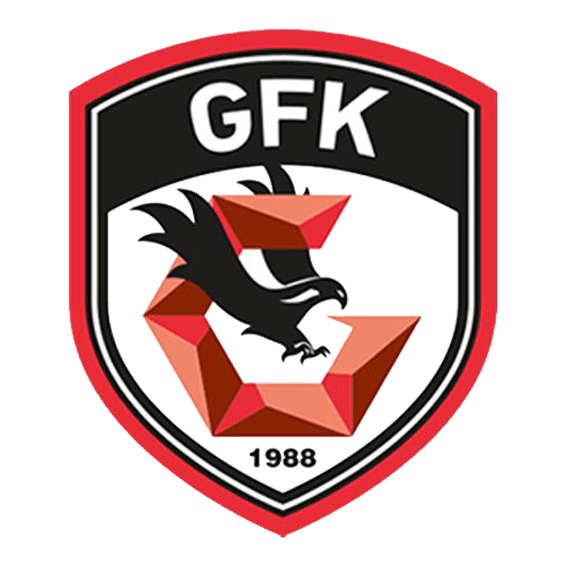




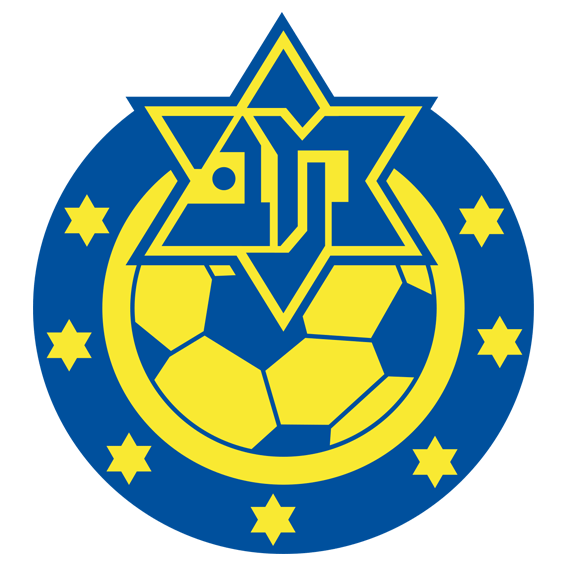























There are no comments yet. Be the first to comment!